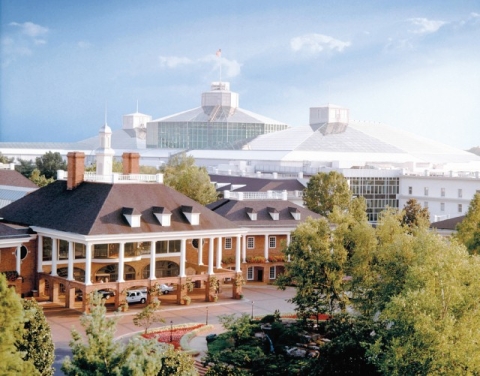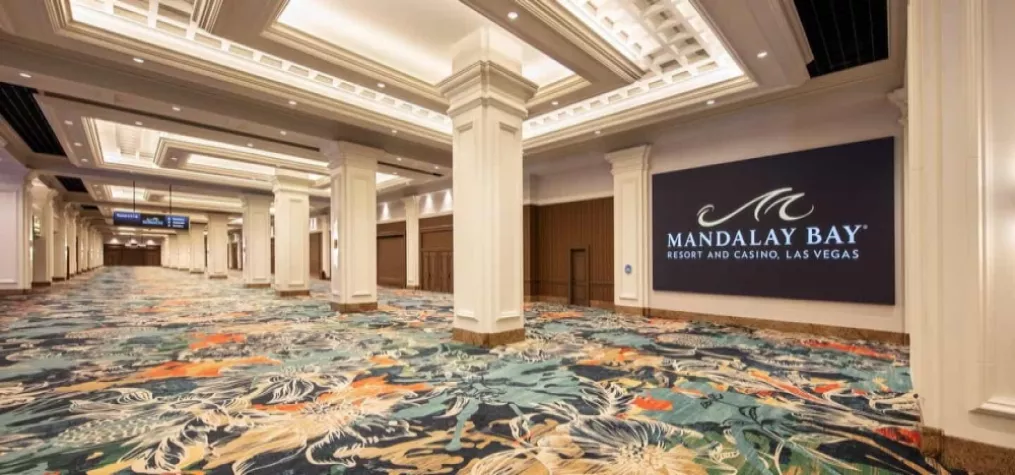FCC Tells Commercial Establishments to Stop Blocking Wi-Fi

After a complaint was filed against Marriott International last year for illegally blocking personal users’ Wi-Fi signals at its Gaylord Opryland Hotel and Convention Center property in Nashville, the Federal Communications Commission not only slapped a $600,000 fine on the company at the time, but also recently followed it up with an “Enforcement Advisory” reminding the Marriott, and any other commercial establishment, to not even think about doing it again.
The practice was in violation of Section 333 of the Communications Act.
“Consumers must get what they pay for,” said FCC Chairman Tom Wheeler. “The Communications Act prohibits anyone form willfully or maliciously interfering with authorized radio communications, including Wi-Fi.”
The advisory stated: “No hotel, convention center, or other commercial establishment or the network operator providing services at such establishments may intentionally block or disrupt personal Wi-Fi hot spots on such premises, including as part of an effort to force consumers to purchase access to the property owner’s Wi-Fi network. Such action is illegal and violations could lead to the assessment of substantial monetary penalties.”
The FCC advisory said it had found a “disturbing trend” not only with the Marriott, but also other commercial establishments that were intentionally blocking Wi-Fi signals.
“As a result, the Bureau is protecting consumers by aggressively investigating and acting against such unlawful intentional interference,” the advisory stated.
Marriott said it was blocking Wi-Fi by utilizing deauthentication protocol for security reasons, protecting its own network, as well as users’.
The FCC found, though, that the “Marriott admitted that the customers it blocked did not pose a security threat” and in a settlement, the company had to pay the $600,000 civil penalty.
Following the settlement, the FCC said it has received several complaints that other commercial Wi-Fi network operators may be disrupting the legitimate operation of personal Wi-Fi hot spots.
“The Bureau is investigating such complaints and will take appropriate action against violators,” the advisory stated.
In addition, the advisory said that Federal law prohibits the operation, marketing, or sale of any type of jamming equipment, including devices that interfere with Wi-Fi, cellular or public safety communications.


Add new comment